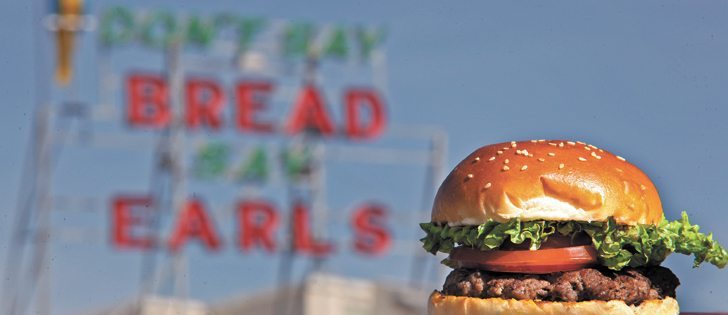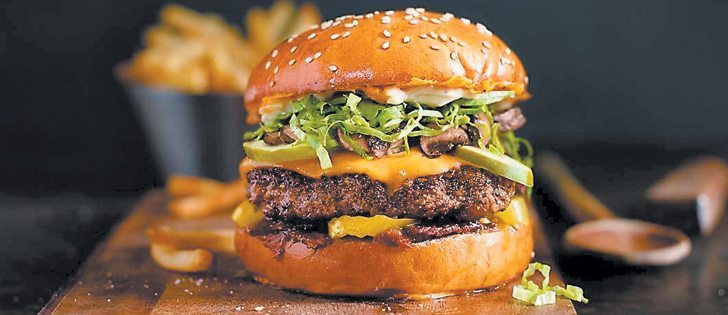A few days after the Earls restaurant chain announced it was buying certified humane beef exclusively from the United States, Stan Carscallan decided to take action and voice his displeasure.
He asked to speak to the management at a Calgary Earls restaurant as his urbanite friends waited at the door.
“I told him we as customers of Earls were not prepared to continue as customers because we resented Earls trying to promote its business on the backs of Canadian ranchers by implying Canadian ranchers raised their beef in an inhumane way. We asked the manager to covey that message to his management,” said the Calgary lawyer and rancher.
Read Also

Farming Smarter receives financial boost from Alberta government for potato research
Farming Smarter near Lethbridge got a boost to its research equipment, thanks to the Alberta government’s increase in funding for research associations.
Later that night, he received a call to meet with corporate managers to tell them his story.
Since then, he has agreed to become a supplier from White Moose Ranch at Priddis, Alta., where he owns 700 commercial Angus cows.
Earls management has toured the farm, and while no contract has been signed, the ranch is switching to a natural beef program based on European Union standards. No antibiotics or growth implants will be used, and the cattle will be raised and slaughtered according to EU protocol. Part of his reasoning is to make sure the entire carcass can be sold.
“We can qualify our cattle for Europe, and when Earls says it only wants 15 or 20 percent of the carcass, we think we can come up with the market in Europe for the balance,” he said.
He has also come to appreciate that there are customers who have a certain point of view, and since they pay the bills, he is willing to give them what they want. The cattle will stay on grass as long as possible and then go on a grain diet for about 45 days.
“It is a very radical change for us, but my intention is to change the economics of raising cattle if the consumer is prepared to pay more,” he said. “We as producers could sure use more to try to make ends meet, so we are going to produce, as best we can, exactly what they want, and we expect to have the premium. If we can’t get the premium, well, that doesn’t work.”
Working with ranchers like Carscallan is also a policy shift for Earls, said spokesperson Cate Simpson.
The company recently announced it would use Canadian beef in its 27 Alberta and Saskatchewan restaurants rather than importing beef from Creekstone Farms in the United States.
Ground beef will come from Ontario based Baretta Family Farms and other cuts will be sourced through the Alberta companies Spring Creek Ranch and Aspen Ridge Farms.
Baretta Family Farm is based in Ontario and is certified by IMI Global, a division of the auditing company Where Food Comes From. The companies work with ranchers to meet the requirements and are audited to back up their brand. Earls is also willing to work with more ranchers to become suppliers, said Simpson.
Rob Meijer of Canada Beef said the Earls initiative offers ranchers a chance to do business in a new way, but they need to be paid for it.
“The producer needs to get paid for the extra work for commitments that they make,” he said.
“Here is the market signal enticing them to get involved. At the same time, we do know we have a core of supply there.”
Earls felt it did not have a choice when it decided to go to the U.S. for beef in its Canadian restaurants.
Animal welfare, sustainability, social licence, environment, production practices are public opinion issues, said Meijer.
“The public debate on these issues is an area where we have to wade into the water and have tough conversations and make sure they are factual, based on science, and at the end of the day the public will rally behind us,” he said.


















